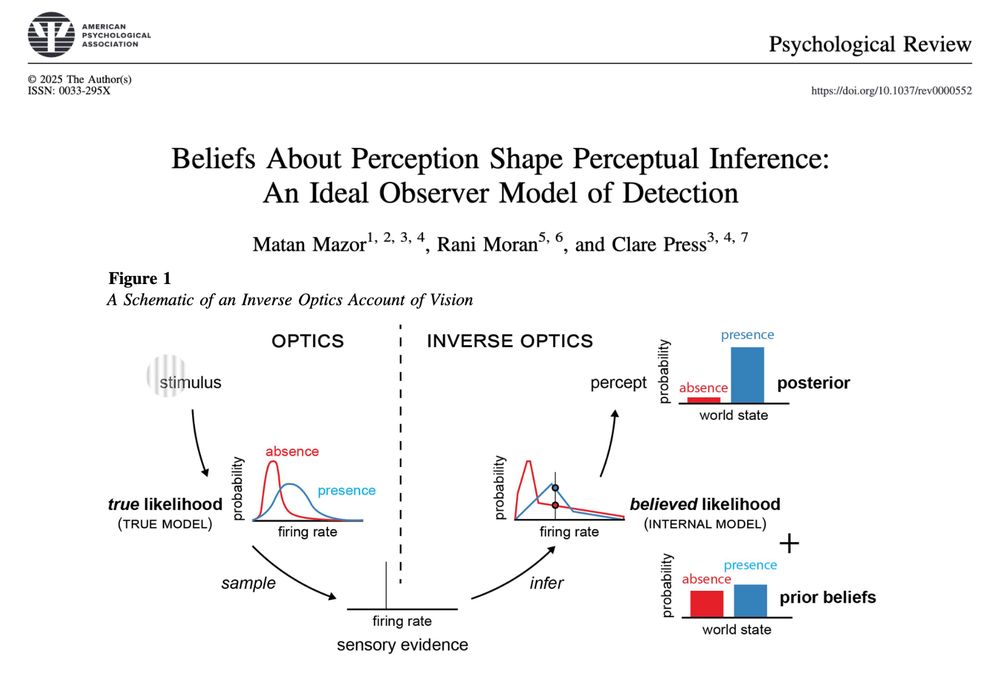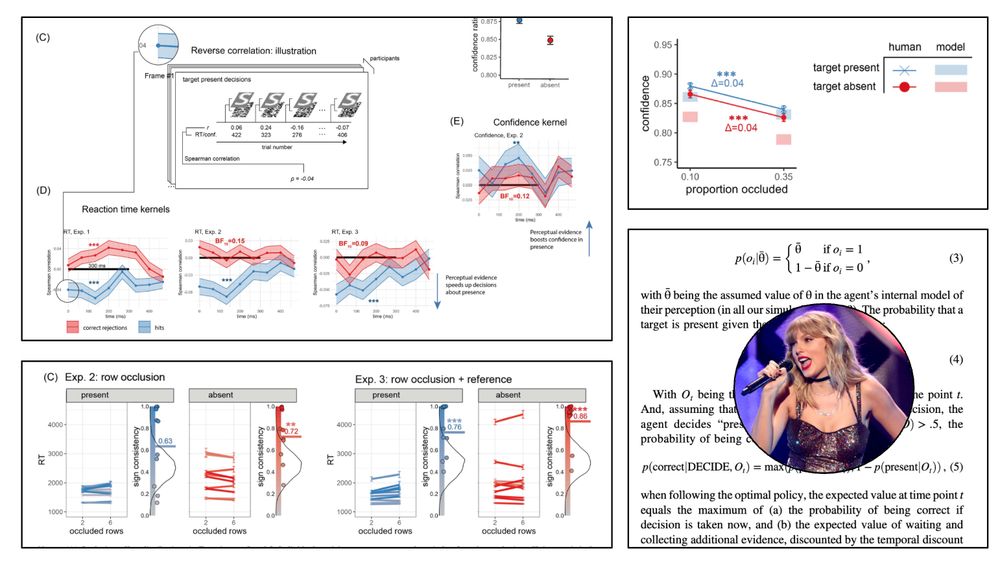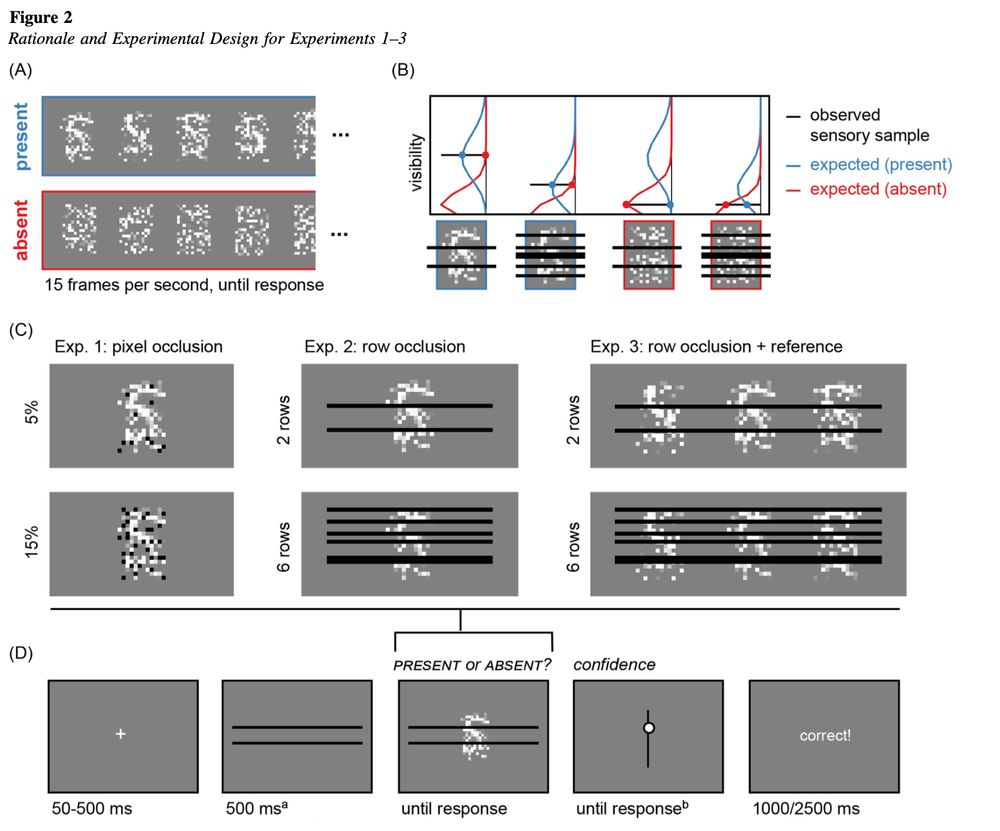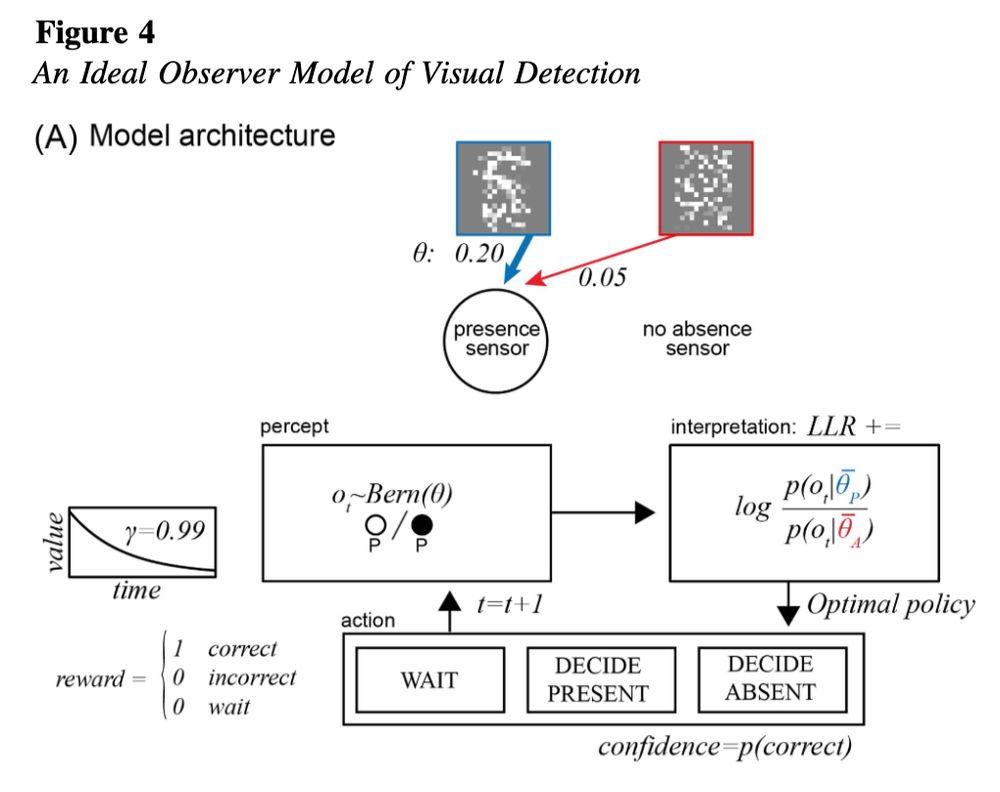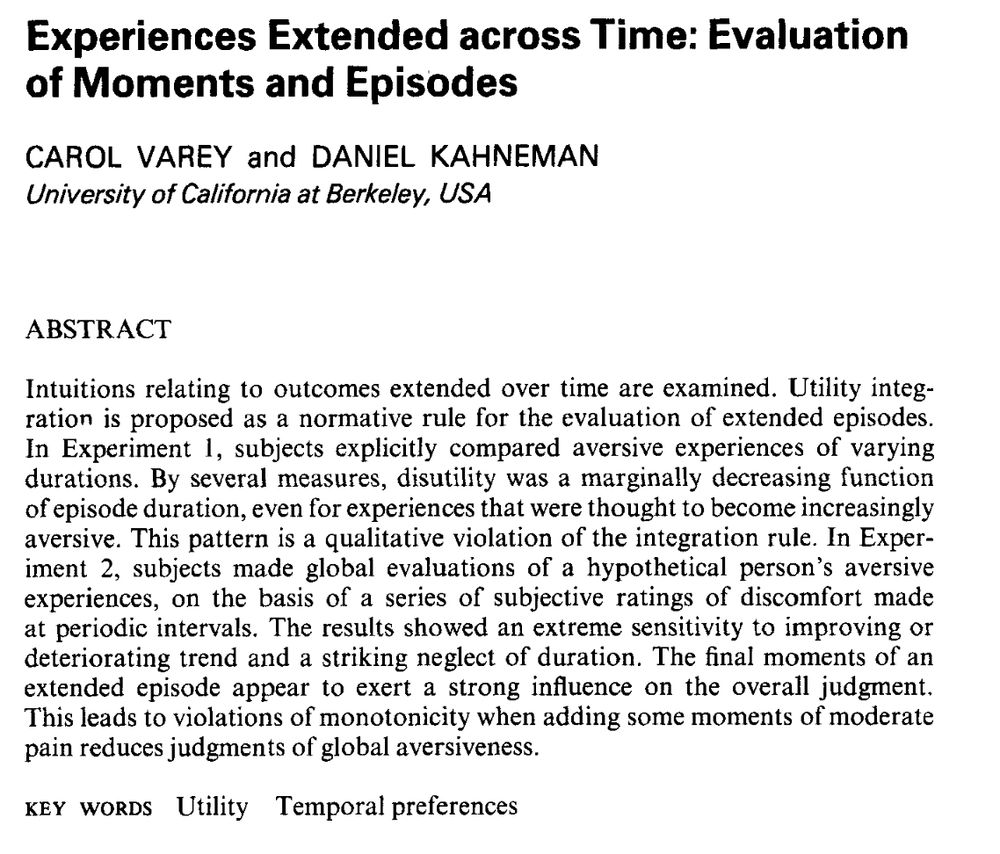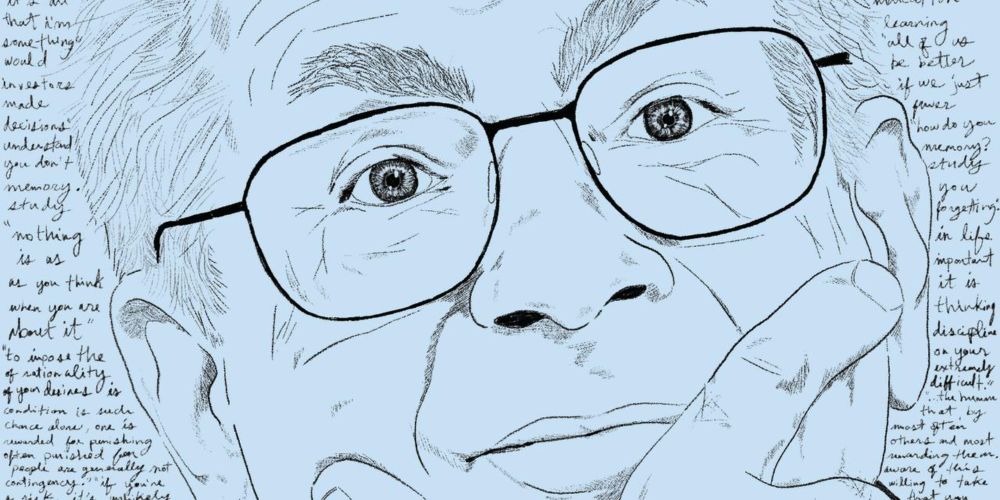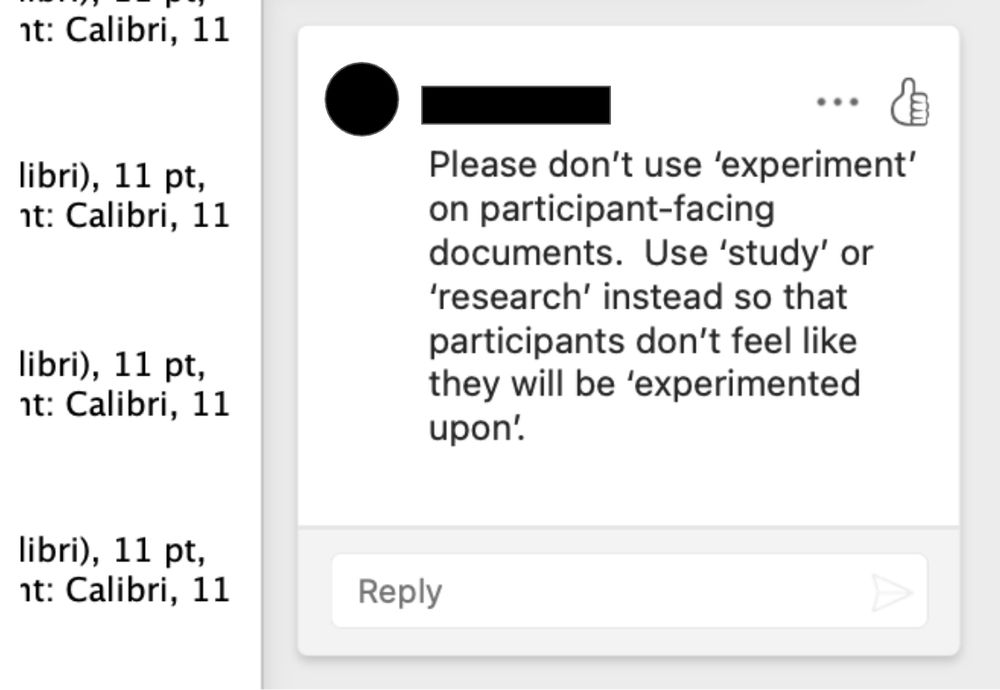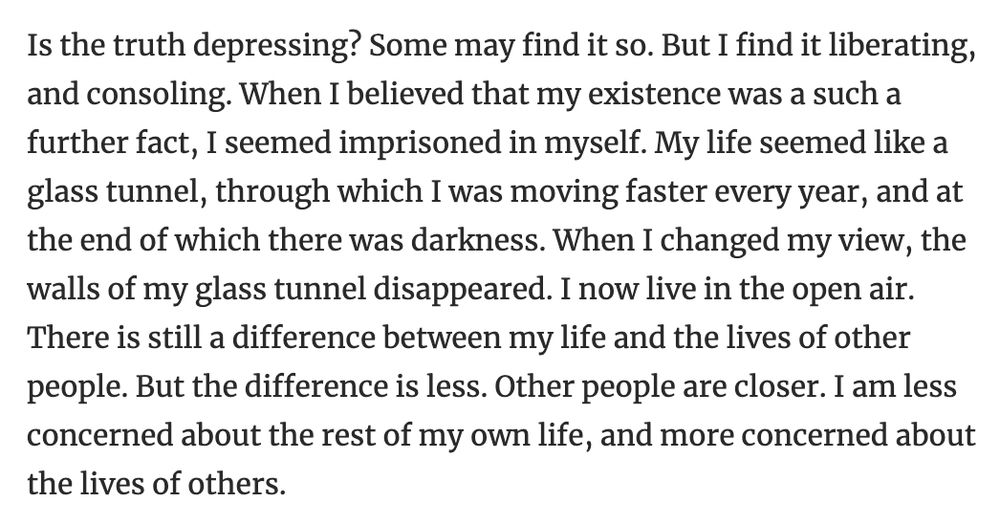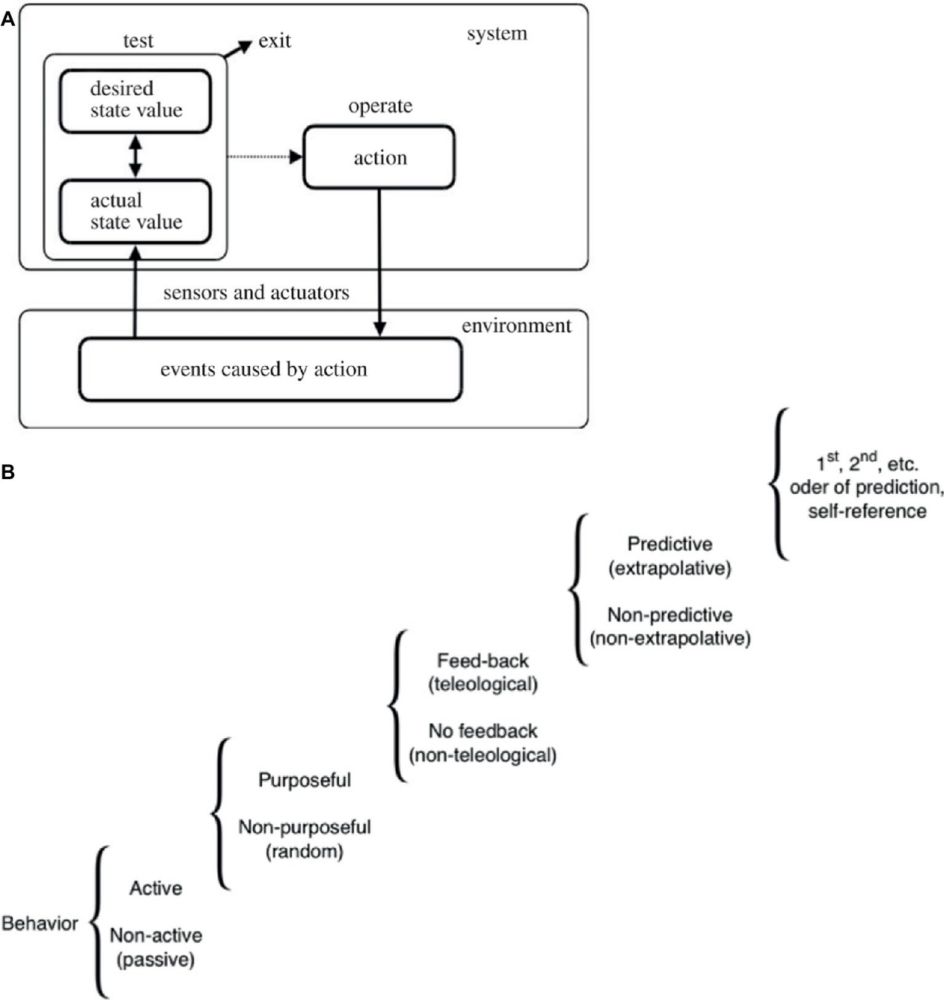Matan Mazor
Post-doctoral research fellow in cognitive neuroscience (Oxford),
interested in complex systems and in simple systems who believe they are complex systems
- [Not loaded yet]
- 📌
- OpenAI's 4o seem to also suffer from *delusions*. most often there are delusions of grandeur. annoyingly, this leads to wasting substantial time after being conned to think that the machine can perform the task it insists on being able to perform. www.nytimes.com/2025/05/05/t...
- The halting problem!
- [Not loaded yet]
- [Not loaded yet]
- כל כך כואב. משתתף בצערך.
- This is great. Interesting from a metamemory perspective, especially given that the effect seems more linked to people's beliefs about the number of presentations, rather than the actual number.
- Hey, it's also Eadweard Muybridge's birthday! We love him!
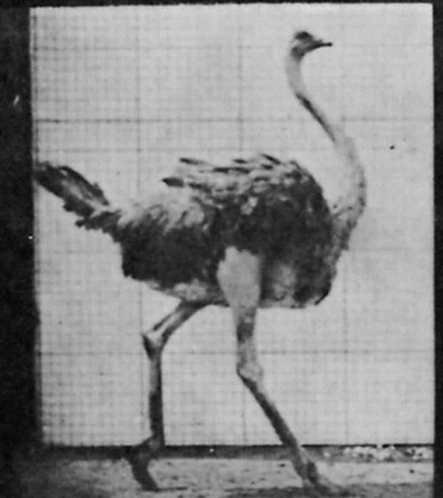
- my laptop:
- [Not loaded yet]
- [Not loaded yet]
- Maybe a better way to put I is that in a 2IFC every decision about absence is also a decision about presence. So you can't compare decisions about presence vs. absence.
- Hey Bluesky! I’m excited to share my new preprint with @matanmazor.bsky.social and @ruvidar.bsky.social, where we show that surface-level questionnaire filling behaviours drive correlations between mental health and metacognition (confidence ratings). osf.io/preprints/ps... [1/14]

- [Not loaded yet]
- Hey Micah, in our dataset the negative correlation between SDS and confidence was unaffected when regressing out our measure of acquiescence. If feel the AD effect reflects more than surface-level factors.
- [Not loaded yet]
- I feel that Israeli universities are predominantly liberal, even outside arts and humanities. It's surprising to see how thin the liberal gloss is in American universities.
- But more generally, I feel 1 interval detection tasks are interesting for metacognition researchers exactly because they rely on an internal criterion, which is set based on meta-perceptual beliefs (among other things).
- (only in a 1 interval task does one make inferences about absence)
- Thanks, Pascal! i believe the model could be extended to a 2IFC setting, but it would require some creativity in thinking about reaction times for the two intervals.
- [Not loaded yet]
- Thanks so much, Steve 😊
- Our "I would have seen it if it were there" paper — a collaboration with @ranimo.bsky.social and @clarepress.bsky.social — is now out in Psych. Review. There’s a lot in this paper, but here are what I see as the 3 main takeaways: psycnet.apa.org/fulltext/202...
- [Not loaded yet]
- Haha thanks Francisco!
- [Not loaded yet]
- Thanks, Daniel!
- [Not loaded yet]
- Thanks Tomer :)
- The paper also features fun things like reverse correlation, backwards induction, TAYLOR SWIFT, a new non-parametric sign-consistency test @itayyaron.bsky.social, and some evidence that the Bayesian p(correct) is not a bad approximation of subjective confidence in this task.
- Read the whole thing here: psycnet.apa.org/fulltext/202...
- This aligns with the idea that decisions about absence rely on some form of self-knowledge (“I would have seen it if it was present”; osf.io/preprints/ps...).
- Third, we demonstrate this principle with partial occlusion. The more we occluded the display, people missed more targets. But occlusion also made *some* people more likely to make “present” responses on target-absent trials: a reflection of their belief that they may have been missing the target.
- First, we propose a new model of perceptual detection as a series of momentary decisions between 3 actions: decide present / absent, or accumulate more evidence. The perceptual evidence that goes into this process is noisy, but the decisions are optimal for maximising discounted long-term reward.
- Second, we show that a model parameter that controls the rate of perceptual evidence affects decisions when a target is present, but it is a parameter that controls *meta-perceptual beliefs about the rate of perceptual evidence* that controls decisions when a target is absent.
- [Not loaded yet]
- Might be! @chrisbenwell.bsky.social similarly failed to find any correlations with information seeking. Will make sure to reference all this work in the next version.
- [Not loaded yet]
- Thanks, Sam!
- [Not loaded yet]
- Thanks Toby!
- Thanks, Claire, and thanks again for engaging with our work in such a constructive way — this feels like the kind of exchange that pushes science forward.
- [Not loaded yet]
- Yes! Chris contacted us earlier today, we will look at his data more thoroughly, but it sounds like he also finds clear evidence for low task performance among high-CITers, consistent with inattentive responding.
- [Not loaded yet]
- What an honor to keep you over your bedtime :)
- [Not loaded yet]
- Thanks so much, Micah! I'm so happy you liked it. It's really all @noamsarna.bsky.social's work -- the perfect 3-in-1 combination of a clinical psychologist with R skills and a passion for good science.
- Kahneman took his science seriously. www.themarker.com/wallstreet/2...
- (here is the paywalled WSJ article, about how he ended his life on his 90th birthday, still healthy and lucid: www.wsj.com/arts-culture...)
- Revising an ethics application, and making sure not to make the participants that I am experimenting upon feel like they are being 'experimented upon'
- [Not loaded yet]
- agreed
- [Not loaded yet]
- I'm so sorry, Laurence 💔
- This was an absolute pleasure to work on together with @itayyaron.bsky.social, @liadmudrik.bsky.social and @nfaivre.bsky.social aivre.bsky.social. Beyond our empirical findings, Itay's R package github.com/mufcItay/sig... is an extremely useful tool to add to your statistical toolkit.

- Do null group-level effects reflect the mixture of true subject-level effects at opposing directions? In a new paper, now accepted at Psychological Bulletin & Review (osf.io/preprints/ps...), we turn this question to the field of unconscious processing (1/14)
- [Not loaded yet]
- [Not loaded yet]
- So cool
- [Not loaded yet]
- 📌
- [Not loaded yet]
- Such an interesting dissociation between metacognition for failures versus successes. Also, what a beautiful Fig 1!
- I'll be talking about all things metacognitive on 23rd Jan in a public lecture at the @royalsociety.org It's free to attend and will also be broadcast live on the RS YouTube channel (no pressure then 😅) royalsociety.org/science-even...
- Holy shit
- [Not loaded yet]
- terrified minds
- ❤️
- [Not loaded yet]
- I like this definition from McCulloch: "By the term “mind,” I mean ideas and purposes” (quoted in a paper by Michael Levin about scale-free cognition)
- Levin's paper: www.frontiersin.org/journals/psy... And the McCulloch one: www.jstor.org/stable/42963...
- [Not loaded yet]
- 📌
- [Not loaded yet]
- [Not loaded yet]
- Yes! We also used it here to show that people reliably vary in how they make decisions about the absence of things: escholarship.org/uc/item/4352...
- [Not loaded yet]
- [Not loaded yet]
- Happy New Year to you too Iris ❤️
- [Not loaded yet]
- Should we wait to have a full understanding of the prefrontal cortex before we start using it as part of our research pipeline?
- 👀
- On behalf of the #ASSC28 Scientific Program Committee, the Symposia and Tutorials are now announced 🥳 assc2025.gr/programme/sy....
- [Not loaded yet]
- Thanks, Steve ☺️


